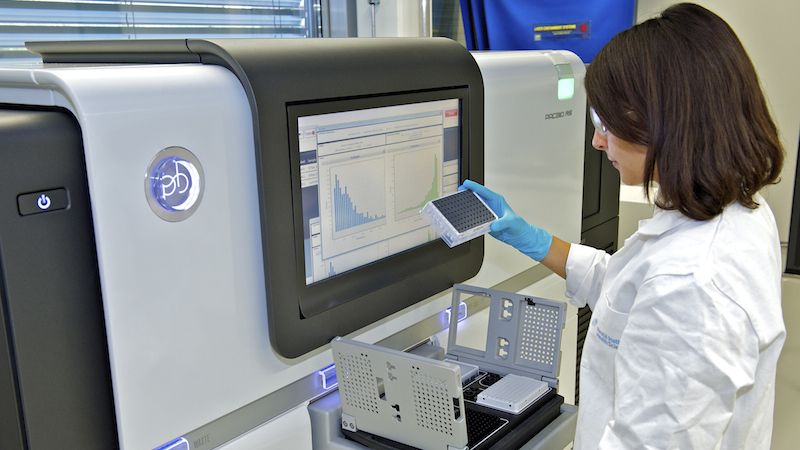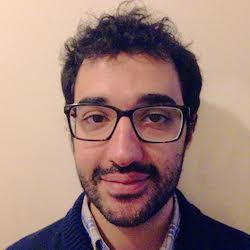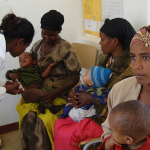
Image: Nestlé (Flickr)
Public health occupies the unenviable space of being too academic and not academic enough. Let me explain.
I arrived at school on the first day of my Masters of Public Health deeply skeptical of the expertise that I was purportedly there to develop. I had spent the previous year on a Fulbright in Tanzania, trying to come to terms with the massive gap between what its health system was capable of and what its population needed. I worked with community health workers to develop tools to manage pregnancies, but never managed to feel very useful. Their nuanced knowledge of the needs and attitudes of pregnant women in their villages was staggering, and could only come from years of deep interactions on a daily basis. I wanted desperately to have something of my own to contribute.
In thinking through this, I kept returning the questions that nagged me. I was sure that the interactions that pregnant women were having with these health workers were improving their lives in meaningful ways. But I wasn’t…sure. How could I actually know that health was getting better? If they were improving, could the efforts of these health workers be a model for other communities? How could I know that? These questions were as important as they were daunting. But unlike the contextual knowledge that my Tanzanian colleagues acquired through years of dedicated interactions, this felt like an area where I could make meaningful contributions. So I spent two years studying program evaluation and statistics, all the while wondering if the skills I developed would have any practical use.
But the more time I spent as a student of public health, the more my worries of impracticality gave way to a funny feeling of being left out. Our professors were trained as statisticians, economists, and sociologists; what was I being trained as? Was public health a discipline? An area of expertise? An employment category? After years of being a quantitative researcher, I still hesitate to call myself a statistician or an econometrician; I suspect those who work in qualitative methods have similar identity crises with respect to anthropology and ethnography. My courses still adhered to conventions of being observers, not practitioners; but my training was intentionally discipline agnostic. As a result I never quite feel at home; too dispassionate to be a practitioner, too invested to be an academic.
But there’s something appealing about this discomfort. It makes explicit a tension that all but the most cloistered academic departments struggle with. This tension comes in many forms: trying to remain objective while knowing that personal biases cannot be assumed away; trying to add to a body of knowledge, but wanting that knowledge to matter to more than a tiny group of academics. This is a hard truth, and one that public health wears on its sleeve.
It’s that self-awareness that led me to continue my studies as a PhD student in health policy. It has provided a freedom to rigorously study questions that have practical implications, irrespective of how well they fit into a particular discipline’s conventions. I spend my time trying to understand the point at which a given study design is good enough to produce trustworthy results, even if it doesn’t adhere to the gold standard of research design that academics espouse. The goal of this research is to make rigorous evaluation available to practitioners, NGOs, and health workers, a goal that I don’t have to hide behind more cerebral pursuits. This kind of research would gain very little traction in a statistics department. But it’s exactly the research that I want to do, and I’m grateful that there’s a place where I can do it.
•
 Teddy Svoronos is a PhD candidate in Health Policy with a focus in evaluative sciences and statistics. Prior to his studies Teddy co-founded Spark MicroGrants, an organization that supports poor communities in designing, implementing and managing their own social impact projects. More information on his research, work, and teaching can be found at www.teddysvoronos.com.
Teddy Svoronos is a PhD candidate in Health Policy with a focus in evaluative sciences and statistics. Prior to his studies Teddy co-founded Spark MicroGrants, an organization that supports poor communities in designing, implementing and managing their own social impact projects. More information on his research, work, and teaching can be found at www.teddysvoronos.com.
Other Voices in the “Mastering the MPH” Roundtable

Finding Answers Abroad
Liana Rosenkrantz Woskie
Becoming a Public Health Midwife
Renée Fiorentino

One thought on “Mastering the MPH: Digging Into Data”